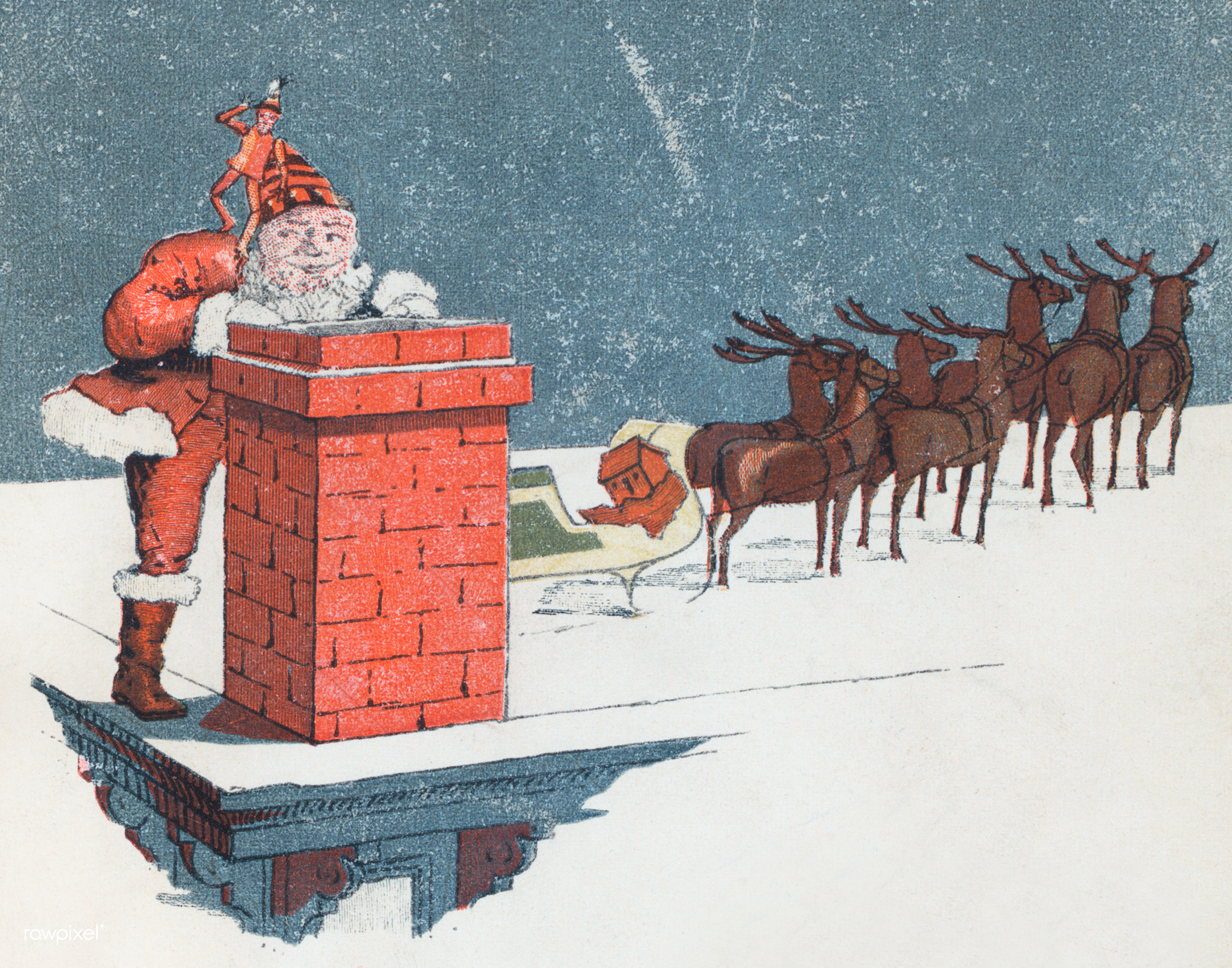DECEMBER 25, 2021 – My mother, who exercised her faith . . . religiously . . . once said, “It’s all in the hymns. All you need to know is in the hymns.” It was an off-handed remark expressed in the moment, not some serious conclusion resulting from a long course of study. Doubtless she would’ve extended the comment to Christmas music, as in, “It’s all in the carols—and oratorios of Bach, Vivaldi, and Händel.” (My dad, on the other hand, who wasn’t particularly religious, would’ve said simply, “It’s all about the music.”)
In any event, by extension of Mother’s comment, Christmas is all about peace and reconciliation, since they are the central subject of Christmas music.
As I ponder “peace and reconciliation,” however, I fall into a veritable Alice in Wonderland of paradoxes, anomalies, and contradictions regarding human condition. Peace and reconciliation are defined as much by conflict and discord as “good” is defined by “bad” in a moral context. And how would we experience grief without love or beauty without having seen its opposite?
In no clearer way is this state of affairs revealed than in works of fiction. Every novel, every stage play, every screenplay that’s halfway memorable and meaningful is tied to cycles of rising conflict and resolution. Moreover, we actively seek and follow works of fictional conflict. But why?—apparently to entertain and distract ourselves from the very real conflicts that fill our daily lives.
When the drug addict does something as “insane” as this, s/he winds up hooked on a higher high, then crashing to a lower low—the “resolution” never being a happy one.
Whether by habit or nature, humanity’s addiction to conflict lands us in a kind of permanent “rehab.” Anyone who strives for peace and reconciliation is a member of the program. Monks and many people who . . . “inhale” . . . are residential patients, while seasonal observers of Christmas, say, are occasional “out-patients” of the rehab program. The rest of the world, rushing by on its way to . . . conflicts of various sorts . . . falls outside any meaningful “treatment.”
Thus does the cycle repeat, as it has from time immemorial and as it will uninterrupted into the future.
Meanwhile . . .
What is each of us called to do? I think that on the one hand it’s to accept conflict as an unavoidable feature of our nature and condition but then, on the other hand, to strive always for peace and reconciliation—first within one’s own heart and soul, then with the world, as well. Until we (and the world) evolve to a higher plane, we’ll be stuck in the cycle of conflict and reconciliation.
The good news in all of this is that we’ve progressed enough to have experienced peace and reconciliation. Therefore, we know how to celebrate it, as we do on such occasions as today. One’s specific religious belief, if any, whether acquired or inherited, is but a handy prism, not some mandatory filter through which Christmas is viewed.
For a day, this day, may the world find peace and reconciliation.
(Remember to subscribe to this blog and receive notifications of new posts by email.)
© 2021 by Eric Nilsson
